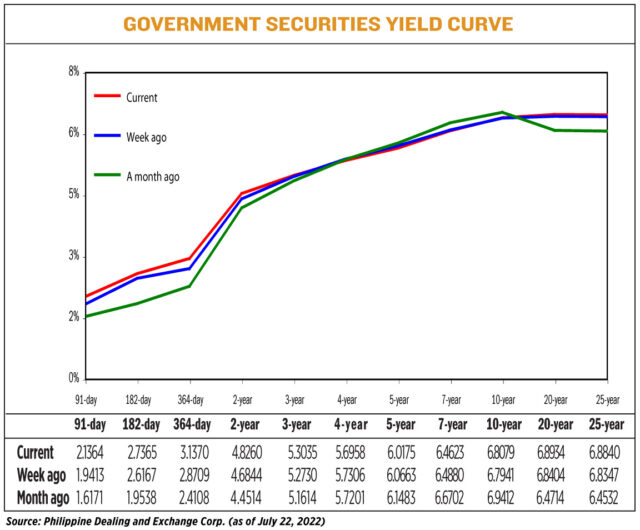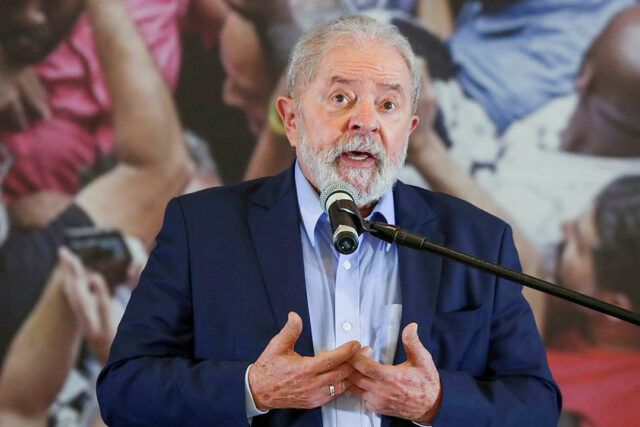Kia Sorento 2.2 SX 4×2 AT: K-posh

It’s the luxury SUV you didn’t know about — until now
LET’S START at the end: It’s an injustice, really, that the Sorento is seemingly lost in the din of the colossal tussle of familiar names in the midsize SUV space. Because, well, the three-row entry from the land of K-pop and K-drama deserves its airtime for a myriad of reasons.
At first blush, the Sorento can throw you off because, save for the new Kia logo on the current interpretation of the signature Tiger Nose Grille, you could mistake it for a European vehicle — make that European luxury vehicle. That’s a compliment, of course, because while you weren’t looking, the South Korean car maker had been hard at work to up its game amid an ever-increasing number of competitors — particularly those located beyond the West Philippine Sea. If you don’t believe me, check out the all-new Carnival.
There’s both solid heft and character in the Sorento, with a cohesive exterior that doesn’t scream kitsch or “hey, look at me.” But once you do, the handsome front fascia draws you in, particularly when you turn on its impressive lighting set consisting entirely of LEDs (multi-reflector headlights, DRLs, and fog lamps). The vehicle’s hindquarters are just as gorgeous, with a long high-mount brake light (yes, LEDs within) affixed to the rear spoiler that protrudes past the roof. The rear combination lamps (say it with me, “LED”) are vertically oriented — a take both elegant and fresh. The trapezoidal design formed by all the crimping and sheetwork also serves to invite the viewer to behold the Sorento. Speaking of, you won’t miss the oversized “SORENTO” spelled out in matte silver on the lower part of the powered liftgate.
The Sorento also gets a healthy serving of the aforementioned matte silver for accents — such as the skid plates in the back and front, to the outside door handles, to a section of the rocker panel.
Powering the Sorento is Kia’s Smartstream diesel mill — a 2.2-liter in-line four-banger CRDI VGT. It promises up to 202ps at 3,800rpm and 441Nm from 1,750 to 2,750rpm. Drivers may access this goodness via an eight-speed dual clutch transmission which command the front wheels (19-inch alloys fitted with 235/55 tires). Multiple drive modes are available to the driver depending on the need for power versus the need to save on the expensive stuff (read: fuel): Eco, Comfort, Sport, and Smart. The other modes are self-explanatory; Smart mode apparently checks out your driving style and preferences, and automatically tailors performance and handling accordingly.
For most of us, the inside is where the Sorento will appreciably earn its price tag. This range-topping variant of the 4×2 that we tested costs P2.618 million, while the cheapest price of admission is at P2.418 million.
If you’re asking, yes, the Sorento will get your attention and hold it the minute you climb aboard. The leather-covered seats offer power adjustment for both driver and front passenger. The driver gets eight ways to tweak the seat plus four-way lumbar support with memory and cooling; the front passenger gets eight-way power plus cooling. There’s even a heating function should the front occupants need it. The A/C system also boasts secondary vents below the main ones on the side and center.
Second-row passengers also get some business-class loving. Aside from spacious leg and elbow room, there are adjustable headrests, and the entire row can be slid forward and backward as well; seatbacks may be tilted to your druthers. Among the best things about the Sorento are the highly user-friendly features and touches which show that designers applied quite a bit of critical thinking and, truth to tell, common sense. For instance, second-row occupants need not fight for real estate to charge their mobile devices. The left passenger can plug right into the USB slot on the driver’s seatback, the middle rider can plug underneath the second-row A/C vents, and the right passenger can reach forward and plug right onto the front-occupant’s seatback. Everybody happy.
The third row is equipped with its own accoutrements, for good measure. The convenience starts with but a push of a button atop the second-row seatbacks, which will tilt them and help in sliding them forward for ingress. Separate air-con vents for the left and right occupants (with a classy air-control knob located for the right-hand passenger) are present, along with dedicated cupholders for both and even a bin. There’s also a 12-volt outlet, just in case. That said, taller passengers may want to perish the thought of occupying that third row. As with many in the segment, this is reserved for smaller riders.
Going back to the front, there are three USB ports there as well, which can help you pair your phones via Android Auto or Apple CarPlay, as well as charge them. A wireless charging tray is additionally on the SX. The infotainment on the Sorento is predicated on an eight-inch touchscreen; Bluetooth connectivity is available should you need it. Your music or content will find expression on four woofers plus two tweeters.
In front of the driver is a 12.3-inch all-digital instrument cluster. My favorite part of this feature is a very thoughtful, intuitive safety touch. When you engage the left turn signal, the circular speedometer image switches to footage of the left side of the vehicle (through a camera mounted on the sideview mirror). When you switch the right turn signal on, the rev counter will display footage of the right side of the vehicle. It saved me from a potential collision once, when a motorcycle rider was sidling up to the side of the SUV and was in my blind spot until he showed up on the camera (and the blind spot detector icon on the sideview mirror was lit up).
Therein lies the strongest, most valuable trait of the Sorento — its considerable suite of safety measures. There’s a robust lane-keeping assistant, forward collision avoidance, rear cross traffic alert, 360-degree camera coverage (with a simulated top-view function that’s perfect when parking), and a wealth of other niceties that, again, help to endear this Kia to all who ride it.
If you’re looking at this segment and price point, now’s the time to add the Sorento to your list.



























